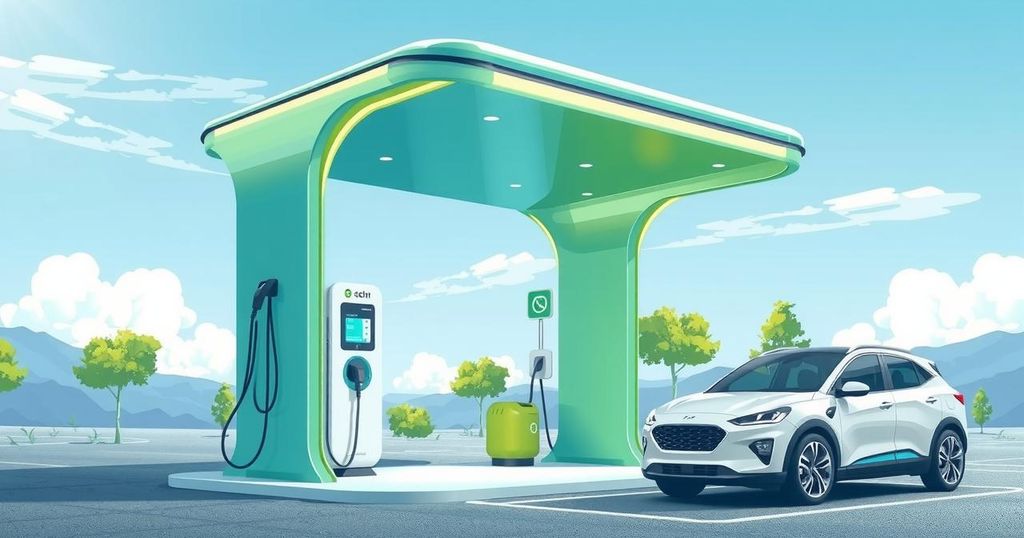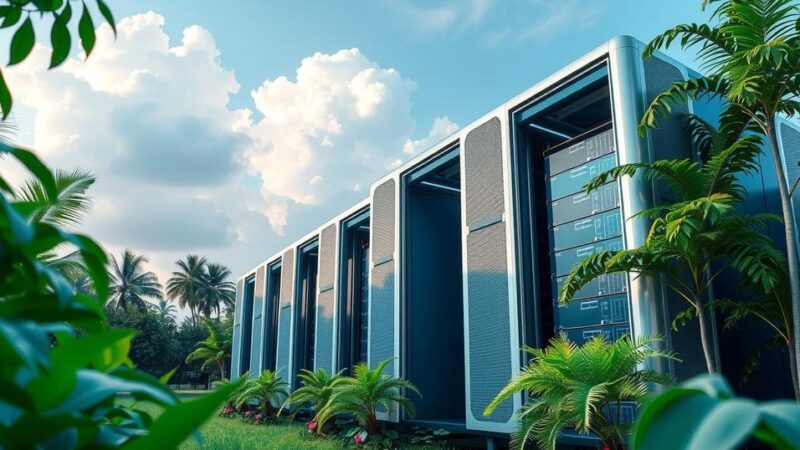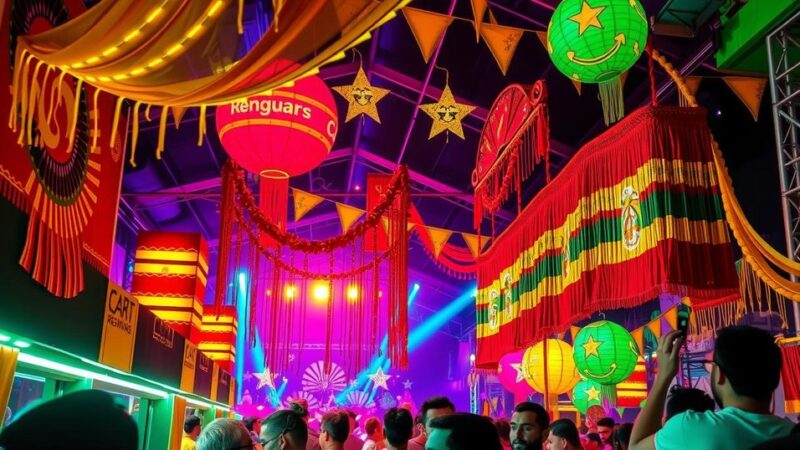BYD has launched an ultra-fast EV charging system capable of fully charging vehicles in five to eight minutes. The company plans to deploy over 4,000 charging stations across China. With the surge in EV sales and significant production growth, BYD is improving its competitive stance against rivals like Tesla, despite facing some quality challenges.
China’s BYD has unveiled a cutting-edge electric vehicle (EV) charging system that offers charging times comparable to traditional fuel refills. The company, recognized as China’s leading EV manufacturer, announced that its flash-chargers can fully charge the latest models in five to eight minutes. BYD plans to establish over 4,000 of these advanced charging stations throughout China, addressing one of the key hurdles in the transition from gasoline-powered vehicles to EVs.
The challenge of lengthy charging times and limited vehicle range has been a significant obstacle to the widespread adoption of electric vehicles. However, in China, there has been a significant shift, as sales of battery-powered and hybrid vehicles surged by 40% last year, reflecting a growing consumer acceptance of electric mobility.
This announcement is also seen as a response to Tesla, which experienced a 4.8% drop in share price following BYD’s revelation. With the launch of upgraded models such as the Han L and Tang L, pre-sales are already underway. BYD’s history as a battery manufacturer has facilitated the refinement of battery technology, allowing the company to develop a strategy to compete in the global EV market.
According to BYD’s founder, Wang Chuanfu, their innovative chargers can deliver enough power for approximately 400 kilometers or about 250 miles within just five minutes. He emphasized their commitment to reducing consumers’ concerns about charging time, aiming to match the convenience of refueling conventional vehicles.
The flash-charging system leverages advanced silicon carbide power chips, operating at voltage levels reaching 1,500V, which BYD has developed internally. Their Blade lithium-iron phosphate battery is noted for its safety and efficiency, with Tesla opting to incorporate this technology into some of its electric vehicles, as indicated by industry expert Michael Dunne.
In terms of production, BYD produced over 4.3 million “new energy vehicles” in the last fiscal year, marking a 41% year-on-year increase, comprising 1.8 million battery electric vehicles and 2.5 million plug-in hybrids. Their shares have seen a significant rise, nearly 50%, in the past six months, reflecting positive market sentiments.
While the premium models from BYD are priced around $40,000, the company also offers more affordable EVs like the Seagull, which retails for approximately $12,000 in China. In 2024, BYD slightly surpassed Tesla in battery-powered EV production, with 1,777,965 units as opposed to Tesla’s 1,773,443 units. Despite BYD’s impressive growth, the company faces challenges, including a recent JD Power study ranking some of their battery electric vehicles among the lowest in quality in the market.
BYD’s announcement of an ultra-fast EV charging system marks a significant milestone in the electric vehicle sector, promising to facilitate quicker transitions from gasoline vehicles. With plans to install thousands of charging stations and continued advancements in battery technology, BYD is poised to further cement its role as a leader in the EV market. However, challenges remain, including competition and quality perceptions, which will need to be addressed as the market continues to evolve.
Original Source: apnews.com






